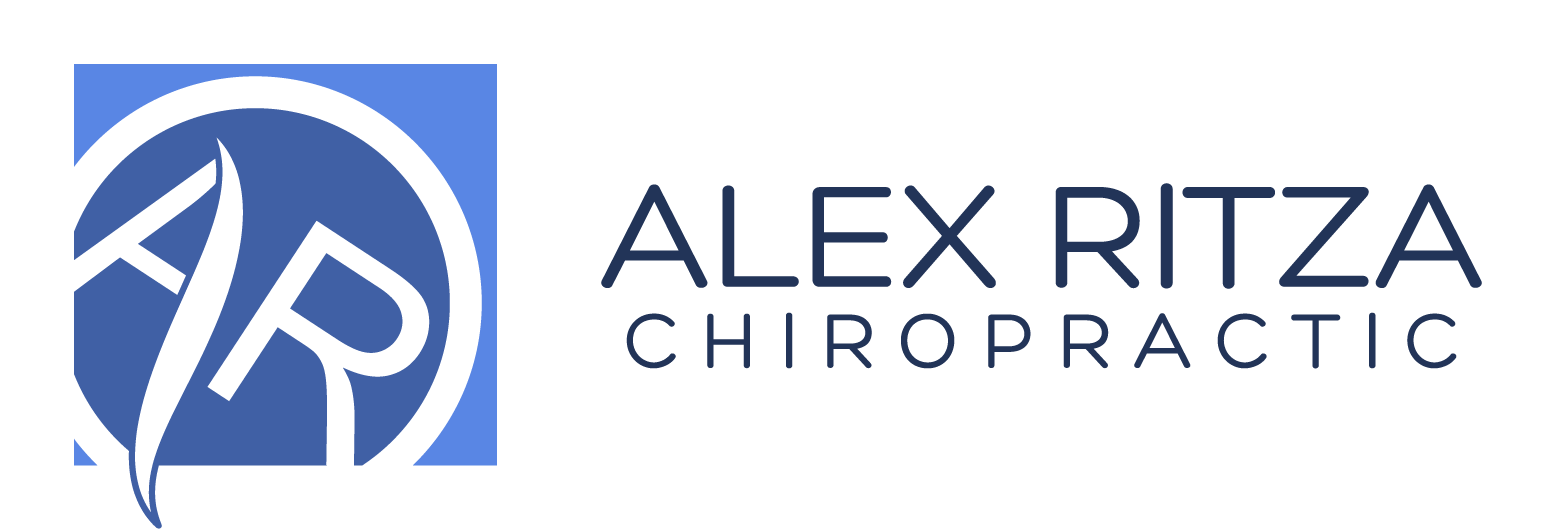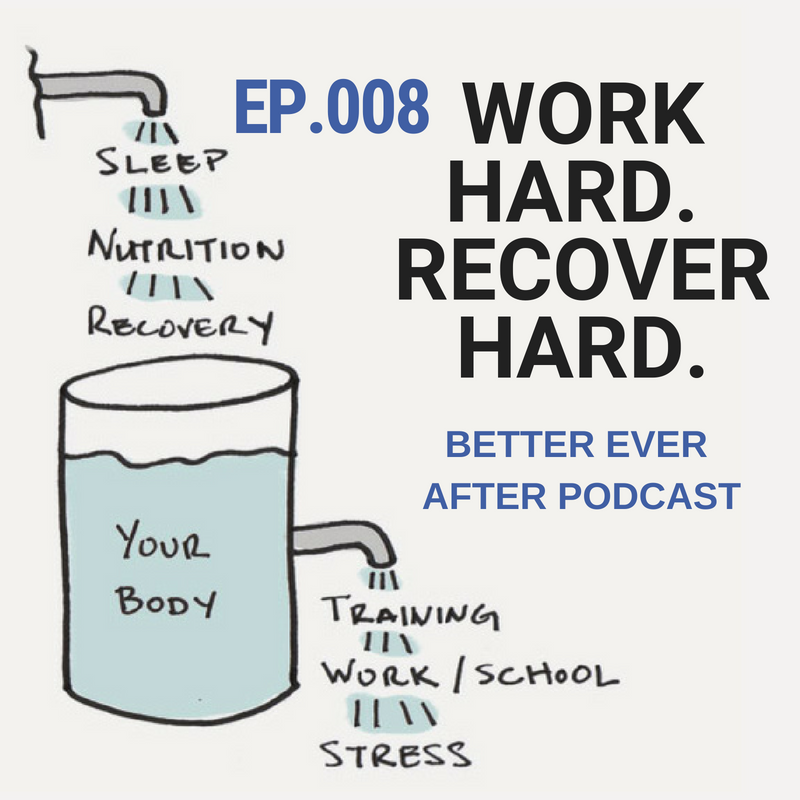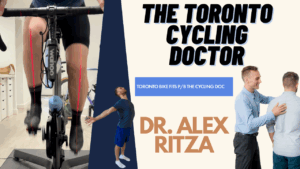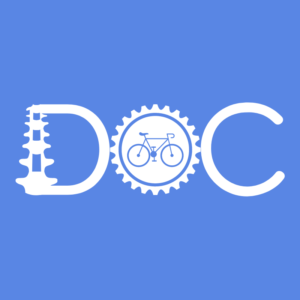So let me ask you, and take a second to think about it, what in general is required by the body to be healthy?
In general, you probably would say good food, movement or exercise, you might even say something about mindset and maybe even a good spine and nervous system if you are a follower. But what you might not have said initially was lots of sleep and doing nothing.
Movement undeniably makes us healthier. Nutrition is needed to fuel that movement and provide the building blocks of the body. But without sleep and lots of rest, the former two things can’t happen, and your body, brain and nervous system can’t function properly.
What is a crazy truth, is that it isn’t the movement and working out that makes your healthier – it is the rest and sleep afterwards.
If you only work hard and play hard, lacking the necessary rest to recover and allow the body to rebuild and reset – you simply won’t be your best.
I used to have the mindset to work hard, play hard. To me, it meant putting in long intense efforts at school, work, and the gym and spending as much time as I could socializing and partying the rest of the time. I wanted to be “ON” and doing something all the time or else I felt a sense of FOMO combined with a weariness of not living life to the fullest.
Especially during University and Post-grad, I sacrificed sleep and rest to be constantly busy and always on the move. If it was a choice between a night in and an early bedtime versus a night out drinking with friends, I chose the latter the majority of the time.
I am all for living each day like it is your last but when I started my chiropractic practice, a job which is pretty demanding physically and mentally and that requires me to be emotionally engaged with my awesome patients for most of the day, I learned quickly that my Work hard, play hard mindset was a) unsustainable and b) limiting my ability to actually work hard and put forth my best effort.
When it comes to exercise and sport, we have known this for decades. You simply cannot have an intense physical effort every day because the body requires time to recover – especially, to repair damage and create adaptations that make you more capable of doing the same exercise or sport in the future.
Between cycling and pushing hard the rest of the time, it took a few rounds of being sick and a few weeks of being completely exhausted to realize that putting a higher priority on rest was going to be required if I wanted to bring my best self to work every day, get faster on the bike and have something left over for my family at night.
A major change came after I read a book called, The Power Of Full Engagement, which made me recognize a now obvious truth, that everything we do costs us energy. I want you to burn this into your brain because it can totally change how you look at scheduling your life. And if you want to be and stay healthy, when you work, you have to balance it with the requisite time to recover from it.
You see, every act, whether it is movement, digestion, emotions or simply thinking, has a physiological or cognitive energy consequence. Studying, working out, going to work or taking care of the kids costs you energy in some form.
The expenditure of energy is not dissimilar from a bank account: if you continue to withdraw a greater amount than you put in, over time you will slowly become bankrupt. Taking the time to RECOVER and restore our energy reservoir saves us from “health bankruptcy” and is a requirement of health.
Our body, nervous system and consciousness need regular and repeated time to rest and recharge in order to maintain optimal physiological function and performance. On a macroscopic level, we need time to refocus our metaphysical energy and engagement to what is most important in our lives.
It takes mindful energy to be cognitively engaged, emotionally connected to others, to follow your values and be spiritually aligned. While calorically undemanding, it takes mindful energy to scroll through social media, to see negative news stories, to experience draining and frustrating relationships and to fully engage in the task at hand. The recovery we get from ten minutes of meditation is much more about metaphysical recovery than caloric.
On a microscopic level, we need time for cellular and physiological rejuvenation.
To build cells, regenerate tissues and perform processes of healing, it takes both a massive amount of energy and the correct conditions to undertake these processes.
On days in which we do “nothing”, we must still consume a substantial number of calories to heal and regenerate our cells to maintain our health.
However, the food that we consume can only be used effectively to regenerate and RESET the body under physiological conditions that promote cellular growth. Exceptional nutrition in a stressed and chronically underslept state will still limit your healing capacity.
In general, the physiological processes that promote cellular growth and regeneration are referred to as “anabolic processes”. These anabolic processes tend to be optimal during periods of rest and sleep. Periods of rest and most importantly sleep, promote the release of hormones and compounds that are needed to initiate and regulate these regenerative anabolic processes.
Not surprisingly, anabolic processes are least effective when the body is stressed, fatigued or deprived of sleep.
It is too easy to think of sleep and downtime as doing nothing when in fact it couldn’t be farther from the truth. Again, on days in which we do “nothing”, we must still consume a substantial number of calories – our Basal metabolic rate – to heal and regenerate our cells to maintain our health. If you are sitting on the couch or on your commute at this very moment, there is little energy expenditure for movement but an immense amount of energy used to repair and replace the cells that are constantly dying each day as part of the body’s regular turnover.
During sleep, there is repair and recovery of the brain and nervous system that only happens while we are in slumber.
The way in which the nervous system heals, repairs and resets itself is drastically different than the other cells of the body for this reason: its maintenance relies on sleep to the point that deprivation can be fatal.
Because of the way that we talk about sleep, it is easy to think of it as a nuisance that stops us from doing what we want and takes aware free time. empirical evidence demonstrating that adults and teenagers are getting 1.5 hours and 3 hours less sleep respectively compared to the 1950s. That is an astonishing change in our society’s behaviour over the past half-century.
While we sleep, there are physiological processes occurring like the balancing of ions for proper nerve function, clearing of waste products around nerve and brain tissues, clearing of reactive oxygen species, production of growth hormone, Insulin-Growth-Factor 1, and other anabolism promoting hormones. When you get a few hours less sleep, the body is not able to complete this processes and beyond sleeping crappy and sleepy, you will be functioning at a lesser capacity.
It should not be surprising that over time, there are health consequences associated with chronically reduced sleep.
The value of understanding and changing your mindset to Work Hard, Recovery hard cannot be understated, not only will you generally feel and perform better, but you give yourself the very best chance of reaching your health goals.
If you want to grow personally or get healthier and stronger physically, the idea of work hard, play hard is flawed from the start because it isn’t the working hard the makes you better, it is the recovery from doing so.
When you say, lift weights at the gym, or go for a bike ride, these activities do not respectively make you stronger and give you greater endurance – they actually physically damage the body. The feeling of not being able to walk the next day after a killer workout is not you getting fitter, it is the symptoms of literally tearing muscles, the presence of irritating cellular by-products and your body functioning at a lesser capacity than it did before you worked out in hopes of making it better.
After you workout, you are technically less healthy than before BUT, and this is huge BUT, it is the body’s response to the workout that improves you. After a workout our body is busy adapting to the stress that we have applied to it by repairing those muscles to make them stronger, producing enzymes that produce energy and carry oxygen and a host of other adaptations that can only occur optimally if the body has the conditions and nutrition to recover. It is during the recovery after the workout when the good changes happen and like a metaphor for what we have been speaking about, a failure to allow for optimal recovery will limit your adaptation and improvement or can even lead to athletic burnout and acute health consequences.
In next weeks podcast, we are going to be speaking about some specific strategies that will ensure that your body and mind are getting the recovery that is required. Sleep, mindfulness, planned periods of rest and intrinsic motivation are the strategies that allow us to recover from our stressful lives and yes workouts. But, knowing what to do is far less important because, without the mindset and belief that they are required, and why they are important, it will be so much more challenging to implement them and ritualize them. The ultimate purpose of this episode was to try to convince you that recovery is just as important as eating well and moving well as part of the overall process of getting healthier and better each week.
If I convince you or at least one person to make sleep, meditation, rest or whatever helps you require, a greater priority I will be fulfilled – so please feel free to drop me a line on IG, FB or email if the podcast did the trick and I look forward to spending more time on some practical strategies next week. Until then, Work hard, Recovery hard, and sleep tight.




